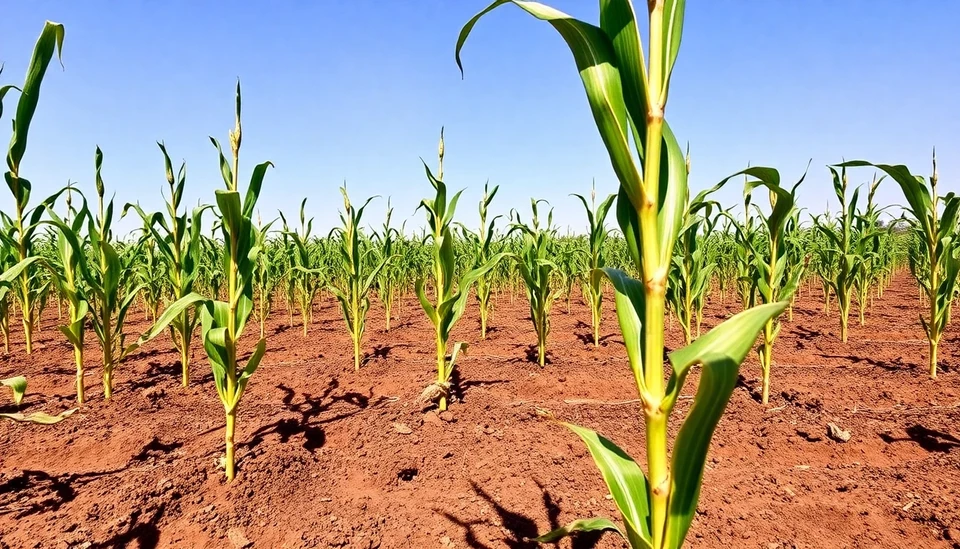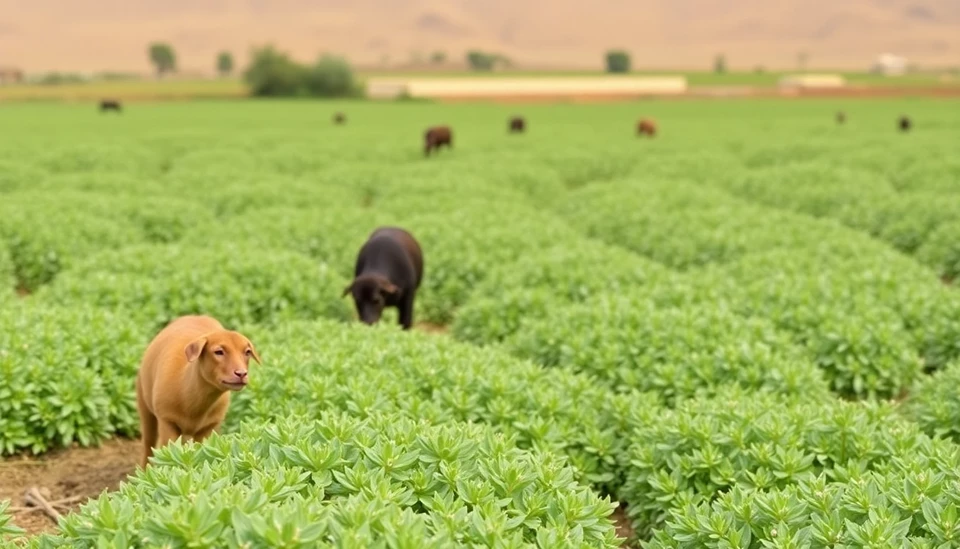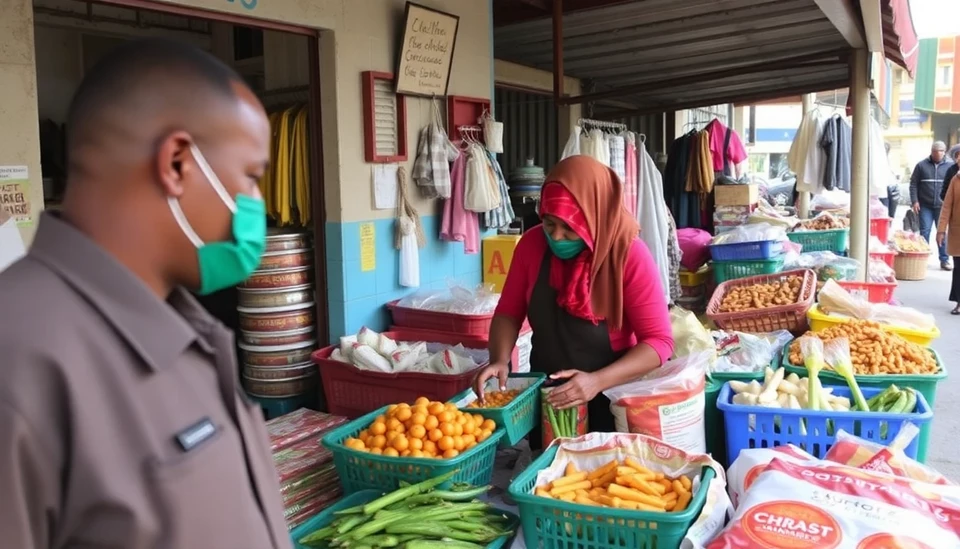
In a recent announcement regarding South Africa's agricultural sector, experts project that corn plantings will remain unchanged in the upcoming season. This prediction follows a notable decline in the country’s corn harvest, which recently reached its lowest levels since 2019. Agriculture has long been a vital part of South Africa's economy, and fluctuations in corn production can have far-reaching implications for both local food security and the global grain market.
The decline in production has raised concerns among farmers and experts alike. South Africa, traditionally a major player in the export of corn within the Southern African region, has seen adverse weather conditions and other factors contribute to this year’s reduced yields. Last year's figures revealed a stark decrease in output, prompting analysts to look closely at the planting strategies for the upcoming season.
Despite these challenges, the decision to maintain current planting levels reflects a cautious optimism among farmers. Many believe that stabilizing land usage may allow for recovery and potentially improved conditions in the future. South African corn farmers are hoping that a focus on sustainable practices and improved resilience will bolster the sector against further climatic unpredictability.
Analysts have noted that while the decision to maintain planting levels may seem prudent, it also points to a broader trend of stagnation within the agricultural industry, largely attributed to the ongoing impacts of climate change, economic pressures, and supply chain disruptions. With inputs costs on the rise, including fertilizers and fuel, farmers face an uphill battle in maximizing their output while managing expenses. This complexity underscores the fragile nature of agricultural production in a country that heavily relies on corn as a staple crop.
The implications of these developments extend beyond South Africa's borders. As the nation fulfills a crucial role in feeding the Southern African Development Community (SADC), fluctuations in corn supply can affect neighboring countries that depend on imports to meet their own food requirements. Consequently, the stability of corn production will be critical not only for local markets but also for regional food security in a time of increasing climatic risks and economic instability.
As attention turns to the next planting season, stakeholders across the agricultural spectrum will be watching closely. The hope is that favorable weather patterns and innovative agricultural techniques will help improve yields, signaling a potential turnaround for South Africa's corn production and, by extension, its agricultural economy.
#SouthAfrica #CornProduction #Agriculture #FoodSecurity #ClimateChange #GrainMarket
Author: Sophie Bennett




